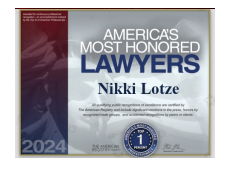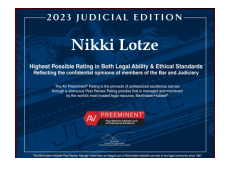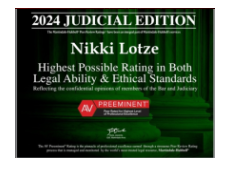Fraud investigators often rely on evidence obtained through search warrants in order to establish fraud cases and other charges of white-collar crimes. But a Manhattan court warns that not all evidence seized on the basis of a warrant is necessarily admissible in court, particularly when the search goes beyond the bounds of a reasonable search and seizure protected by the Fourth Amendment.
Under the Fourth Amendment, a search warrant must particularly describe the place to be searched and things to be seized. Thus, general warrants that effectively allow almost any item to be seized are prohibited. On a proper motion made by the fraud defense attorneys, the judge excluded all evidence obtained during the massive search, dealing a huge blow on the ongoing investigation of alleged fraudulent activities.
Why Court Excluded All Evidence Obtained from the Search
The judge’s ruling stemmed from a fraud case where the defendant was investigated for alleged stock manipulation and money laundering. Government agents obtained warrants which were used to search the defendant’s apartment and offices, where agents took personal items that had no clear connection to the investigation, such as divorce papers, passports, family pictures, and X-rays of family members.
Evidence in white-collar crimes typically involve substantial volumes of records and documents stored in paper and electronic files. In obtaining a search warrant, investigators must be able to particularize the crimes under investigation so as to guide government agents in executing warrants, ensuring that items they seize have a reasonable connection to the crimes under investigation.
While the warrants in the fraud investigation already listed specific types of documents that may have some relevance to the fraud charges, the warrants failed to incorporate an affidavit providing a reasonable description of the crimes under investigation. Without clear limits to what items can be seized, the government agents who executed the warrants appeared to have taken almost anything that they came across in the defendant’s apartment.
When to Call a Washington, D.C. Fraud Defense Attorney
A government search in connection with fraud charges can be a frightful experience as agents comb through one’s premises and can take practically anything that they can get their hands on. As a person under investigation or facing fraud charges, you have rights against unreasonable searches and seizures. Call an experienced Washington, D.C. fraud defense attorney immediately about your situation.
In Washington, D.C., the criminal defense attorneys at Lotze Mosley, LLP are prepared to defend you against fraud charges, file the appropriate motions in court to suppress illegally obtained items from your home, and adopt an effective fraud defense strategy in your case. Contact us today at (202) 393-0535 to arrange for an initial consultation with one of our dependable attorneys.













